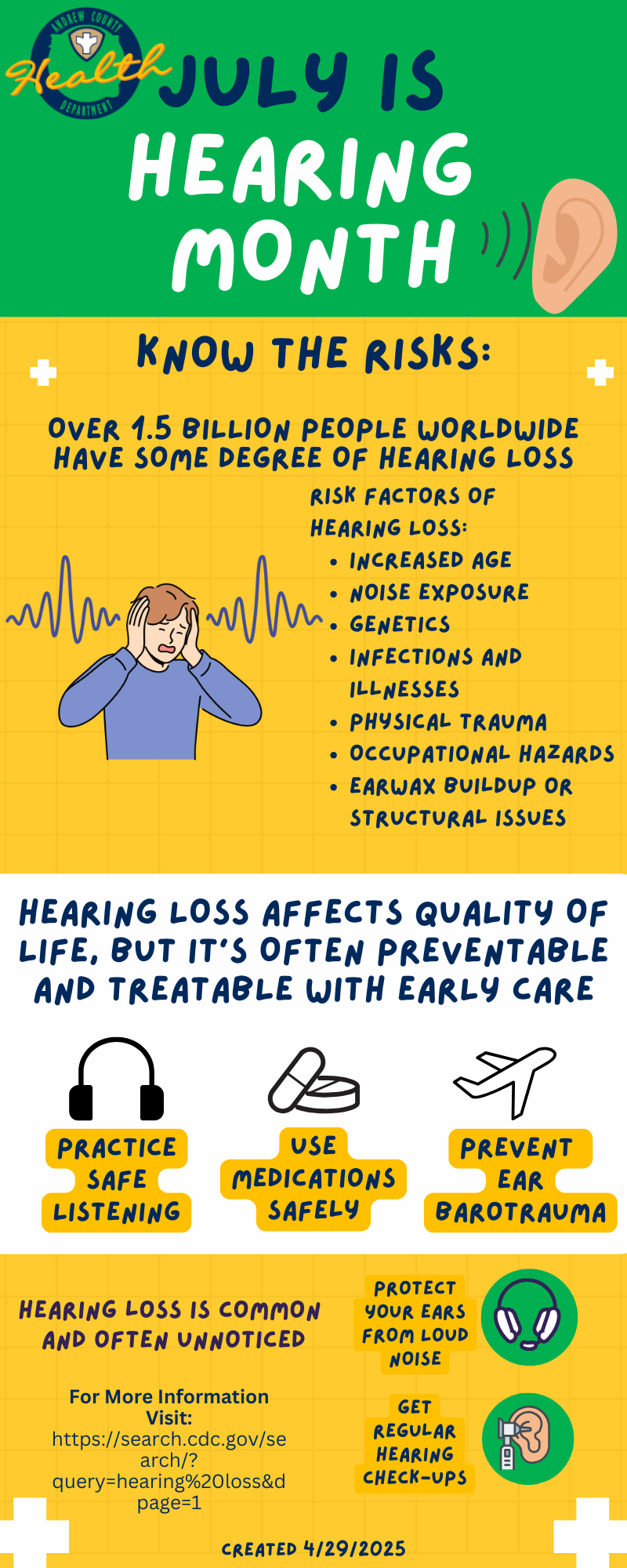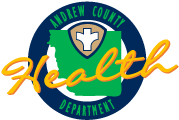Nurse's Corner

What is a Public Health Nurse?
Public health nurses play a vital role in our community, focusing on disease prevention, health promotion, and education to improve overall well-being. They work in various programs, from immunizations to chronic disease management, ensuring access to essential healthcare services.
Learn more about the role of public health nurses from the Public Health Nursing Association and the CDC NERD Academy - Career Spotlight.
Meet Your Health Department Nursing Staff
Our dedicated nursing team is here to support your health and wellness needs. Each nurse specializes in different programs, providing expertise and care for our community. Meet Our Team
Vaccine Information
Staying up to date on vaccinations is essential for protecting yourself and those around you.
Seasonal Immunizations (September – March)
We provide flu, COVID-19, and RSV vaccines to help keep our community safe during peak seasons. Learn more:
Back-to-School Immunizations (April – August)
Ensure your child meets Missouri’s school vaccine requirements before the new school year.
Need a vaccine? Contact us for availability and appointments.
Health Topic of the Month
Each month, we focus on an important health topic to provide education and resources to the community. Check back regularly for new insights and helpful tips!
- January: Falls & Fall Prevention
- February: Heart Health
- March: Healthy Vision
- April: Stroke Awareness
- May: Arthritis Management
- June: Alzheimer’s Awareness
- July: Hearing Health
- August: Exercise & Physical Activity
- September: Avoiding Scams
- October: Joint Health Seminar
- November: Gut Health
- December: Osteoporosis Prevention
Have questions? Need additional resources? Reach out to our nursing team for assistance!
Additional Resources
Need Assistance?
Have questions or need guidance? Our team is here to help! Reach out today and let us support your health and wellness journey.
Contact Us
info@andrewcountyhealth.com
106 North 5th Street, Savannah, Missouri 64485, USA
- Mon - Fri
- -
- Sat - Sun
- Closed





